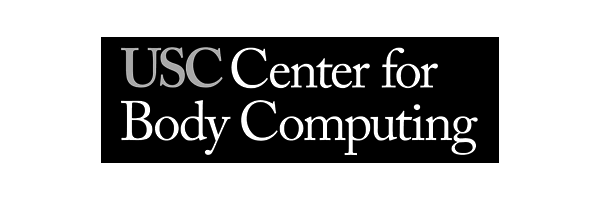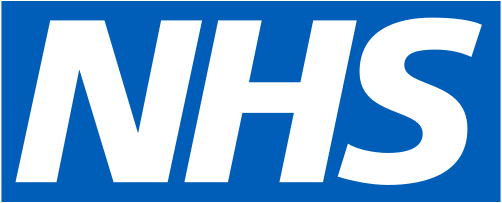
Microbreaks and Cognition: How Movement in the Workplace Improves Your Focus, Energy Levels and Performance
Sometimes it boggles the mind, the impact of the body: On thought. On measurable cognition. Two-min in motion for the body, something so small, and look! Positive change! Movement microbreaks’ initial cognitive resource gains are predicted to have cascading effects on all three types of resources: cognitive resources by improving working memory and cognitive flexibility psychological resources by prompting more neutral emotional appraisals and reduced negative emotional reactivity, and physiological resources by reducing stress reactions2.
This connection between movement and embodied cognition highlights how our physical actions directly shape mental processes, how we think, feel, and focus.
Microbreaks and Cognitive Performance
Our brains possess finite capacities for sustained attention, memory retention, and cognitive exertion. Emerging research advocates for a deliberate slowdown, a reconnection with our bodies, and a conscious effort to unload our minds, thereby optimizing cognition and overall cognitive output4.
Microbreaks throughout the day have been linked to superior cognitive performance, enhanced mood, and a notable reduction in fatigue, when compared to both uninterrupted periods of sitting and a prolonged 30-minute exercise regiment3. These findings reinforce the theory of embodied cognition, that the body plays an integral role in shaping and supporting the mind.
Breaking up extended periods of sitting
Breaking up extended periods of sitting has been shown to lead to faster reaction times, improved working memory, and enhanced executive functions. This surge in energy expenditure translates to reduced odds of cognitive decline, faster information processing, and a decrease in fatigue levels2. When incorporating movement-based microbreaks into their routines, students experienced a significant boost in self-efficacy. This newfound confidence was particularly evident in navigating dangerous and uncomfortable situations, as well as in their ability to prevent risky scenarios1.
Regular movement reinforces healthy cognition by creating physiological shifts that support focus, alertness, and memory, hallmarks of embodied cognition in everyday work.
When to take movement microbreaks?
Creative work:
Get stuck on an idea, a problem, a story point, a comms strategy?
Take a moment to move, let yourself muse, make space for your mind to find the solve.
Movement ignites cognition and sparks insight through the principles of embodied cognition.
Task-based work:
Hit a wall, get off a call that threw you because a customer could not be calmed, can’t find the bottom of your inbox, calendar is back to back?
Take a moment to move, reset your mood, and refresh your cognition.
Or, as a Breakthru super user puts it: “You cannot just sit in front of a screen all day and expect to be productive. You're gonna have things that come up, stress, tension, frustration...Breakthru is like a mini vacation on your computer.”
Break free from sedentary ills:
Neck hurts at the end of day, workday end-of-day fatigue does not lift, stiff when you stand, only caffeine/candy is turning your body back on?
Movement restores cognition, energy, and focus through the body’s natural alignment with embodied cognition.
The Science Proves 2 Minutes Is Just Right
Movement microbreaks, just 2 minutes long, are proven to reset your metabolism, reach your range of motion, focus your mind, and regain your energy. These short bursts of motion reinforce the link between movement and cognition, supporting clearer thought and sustained performance.
You are a hard worker, you push yourself to the limits, you are too busy, you are a caregiver, your life is a balancing act, you put your team, your company, your patient first. You are the one person who does not need, and is not able, to take two-minute breaks. Really?
Breakthru is a platform for bringing the intelligence of the body back into the day via immersive, interactive, movement-based microbreaks, two minutes each. The magical sliver of in-between times. The transition moments. We make it easy for you to find those two-minute moments and to make them count.
Every microbreak strengthens the connection between body and cognition, a daily reminder of how embodied cognition fuels focus, creativity, and well-being.
- Grünwald, J. A., & Licka, T. F. (2023). Health Promotion for Students of Veterinary Medicine: A Preliminary Study on Active Microbreaks and Ergonomics Education. Animals (2076-2615), 13(10), 1641. https://doi.org/10.3390/ani13101641
- Chandrasekaran, B., Pesola, A. J., Rao, C. R., & Arumugam, A. (2021). Does breaking up prolonged sitting improve cognitive functions in sedentary adults? A mapping review and hypothesis formulation on the potential physiological mechanisms. BMC Musculoskeletal Disorders, 22(1), 1–16. https://doi.org/10.1186/s12891-021-04136-5
- Ahmed Radwan, Luke Barnes, Renee DeResh, Christian Englund & Sara Gribanoff | (2022) Effects of active microbreaks on the physical and mental wellbeing of office workers: A systematic review, Cogent Engineering, 9:1, 2026206, https://www.tandfonline.com/doi/full/10.1080/23311916.2022.2026206
- Paul, Annie. “How to Think Outside Your Brain”. New York Times, June 2021 https://www.nytimes.com/2021/06/11/opinion/brain-mind-cognition.html
Breakthru in the World
Request a demo to learn how teams stay sharper, healthier, and more connected with Breakthru
See how science-backed, 2-minute microbreaks can boost focus, motivation, and resilience for your organization.
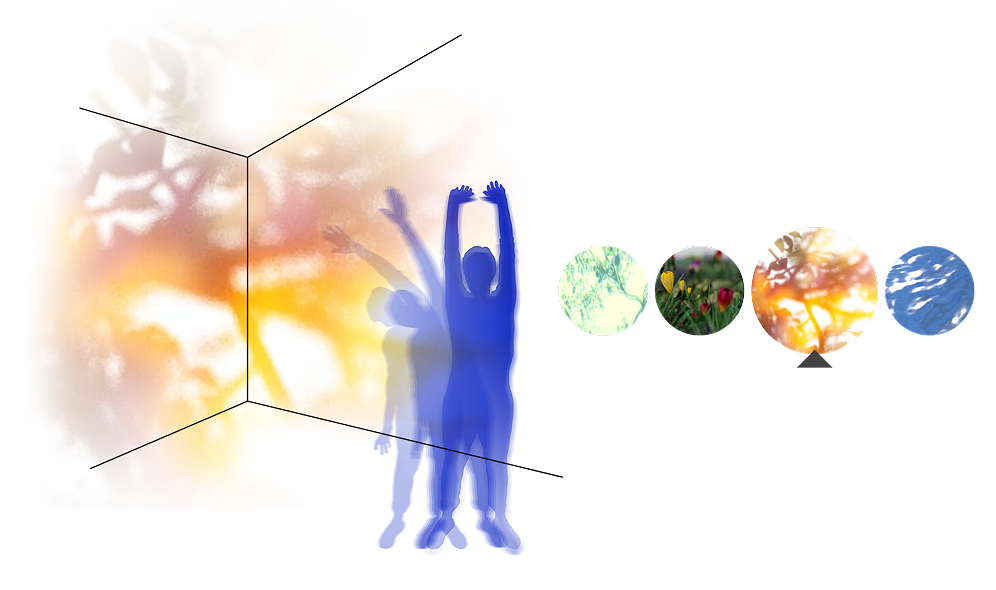
Join the
45,000+
corporations, educational
communities, and non-profits
worldwide using Breakthru.

